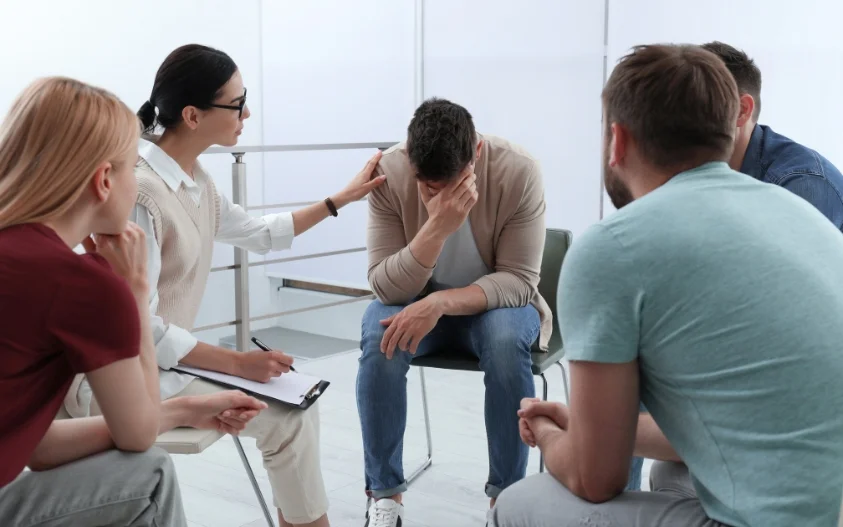24/7 Helpline:
(866) 899-221924/7 Helpline:
(866) 899-2219
Learn more about PTSD Treatment centers in Green Valley
PTSD Treatment in Other Cities

Other Insurance Options

Ambetter

BlueShield

ComPsych

Self-pay options

Ceridian

Meritain

Cigna

PHCS Network

AllWell

Amerigroup

BHS | Behavioral Health Systems

Optima

Optum

Coventry Health Care

Multiplan

United Health Care

Aetna

Health Partners

Magellan

UMR












